Watercolour can be a tricky medium to navigate through and improve at with the sheer number of different techniques and methodologies at your disposal.
If you’ve fallen into a slump with watercolour paintings and are finding it difficult to progress further, I’ve written this article specifically for you.
I know well and truly how it is to be excited to paint only to be disappointed about the clear lack of improvement in my skills upon completion.
If this sounds like you…
Here is my single greatest tip to help you break free from this frustrating pit of stagnated progression:
Narrow your subject matter
In essence:
Refrain from choosing a diverse range of subject matter when you decide to paint.
Instead, try and intentionally hone in on one type of subject matter that you plan to work on before you progress to another area down the track.
This doesn’t have to be ridiculously niche like “small red apples” (although possible), as this would make painting extremely dull thus detracting from the creative process as a whole.
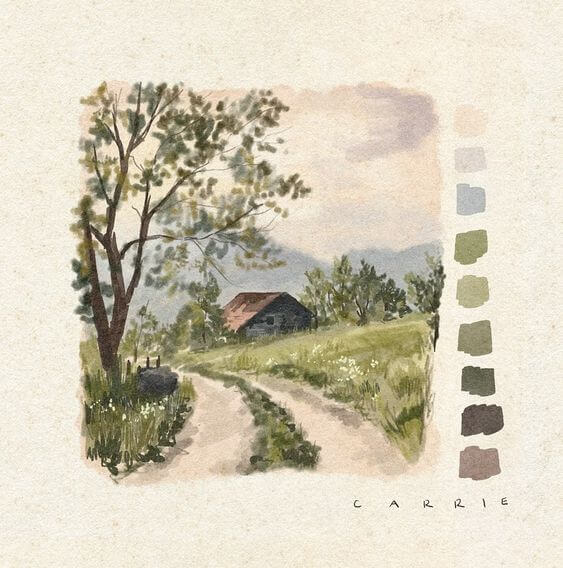
I urge you to select a broader umbrella range of subject matter such as European architecture, warm natural landscapes, animals (could go more narrow here with a specific animal) and really just anything that you would see yourself specialising in.
The best thing you could do is choose an area that you’re interested in or want to improve at.
Regardless, by narrowing your subject matter down you begin to tap into the process of MASTERY and this – in my eyes – is truly the key to improvement in watercolour painting.
What is mastery?
To conceptualise, an analogy I always like to use is from one of Bruce Lee’s quotes:
“I fear not the man who has practiced 10,000 kicks at once, but I fear the man who had practiced one kick 10,000 times”.
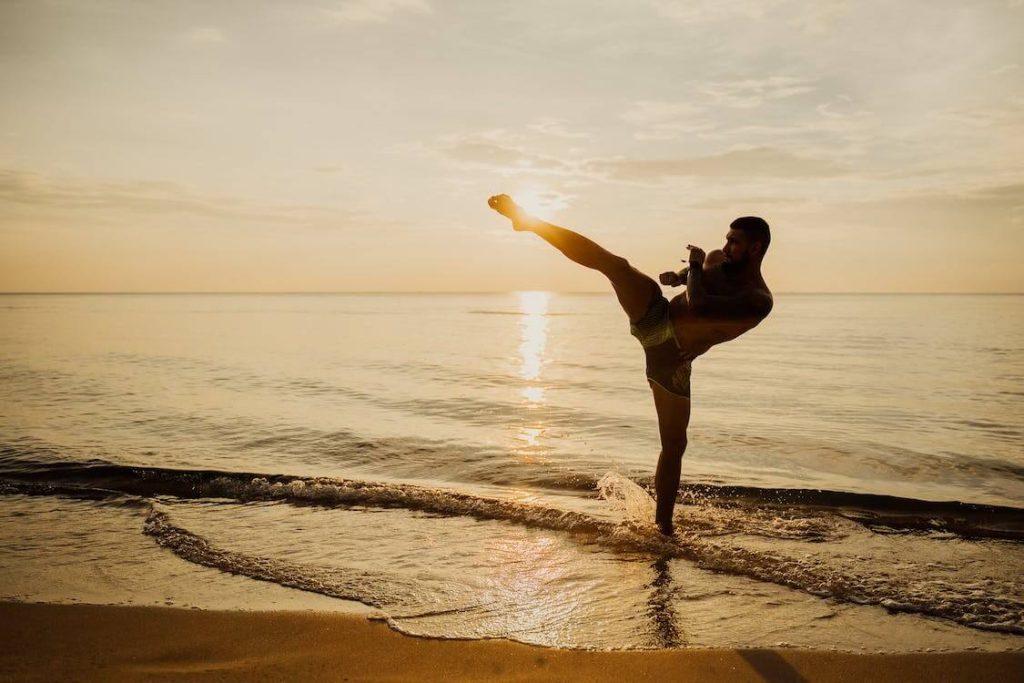
The takeaway?
To specialise in something serves far greater value, power and importance than it is to try and dip your feet in various other areas.
What the quote truly highlights is the incredible power of focus. It is one hundred times better to practice, carry out and work on a single task (and master it) than it is trying to tackle many alternate versions of the same task.
Translating this into an art perspective, while it may seem beneficial to embrace a variety of different subject matter to work on your skills holistically, it is way better to concentrate your efforts onto one area of subject matter until MASTERY.
Ask yourself this:
Would you rather paint thousands of different things vaguely or paint one brilliantly?
More specifically…
Would you rather paint animals, buildings, portraits and natural landscapes all at a subpar level or specialise in one of those and paint them beautifully?
I’ve found that the best way to improve at painting is to stop trying to diversify and paint whatever you please (although this is the place you want to be) and narrow down what you choose to paint.
Why you should aim for mastery with your chosen subject matter
If we’re speaking in terms of Bruce Lee’s analogy, would you fear the personal who has practiced a single kick so many times that he understands the minute nuances in precision, power and technique or the martial artist who simply dabbled in every kick known to man?
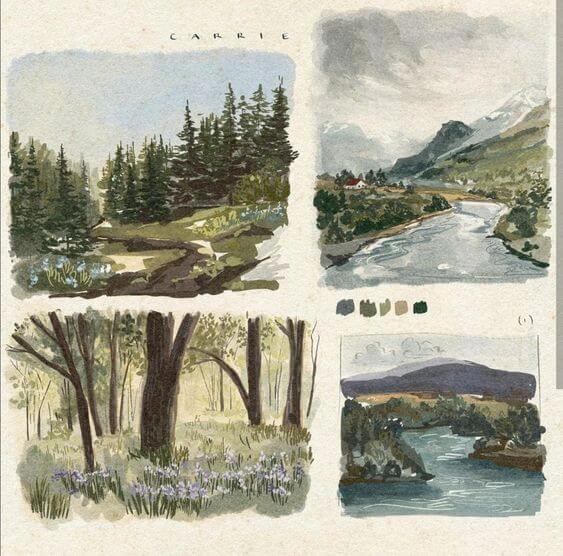
Putting it like this really makes it clear the power FOCUS.
Now the practical component toward improving at watercolour painting becomes relatively simple:
Paint 100, 1000, 10000 paintings.
While easier said than done, this is where you really internalise the law of repetition.
By putting in the hours, you begin to hone your skills with increased muscle memory, heightened recognition of patterns, reinforced understanding of shapes and aptitude in watercolour techniques that may have previously seemed foreign.
Coining the 10,000-hour rule, research Malcolm Gladwell suggests that 10,000 hours of deliberate practice is required for mastery.
You definitely don’t have to commit to 10,000 hours of painting one subject matter, but this is just to quantify the sheer amount of time that is required to obtain what researchers have deemed as “mastery”.
How do you get there faster?
By narrowing down your subject matter.
As a great example, take a look at Susan Chiang’s beautiful artwork.
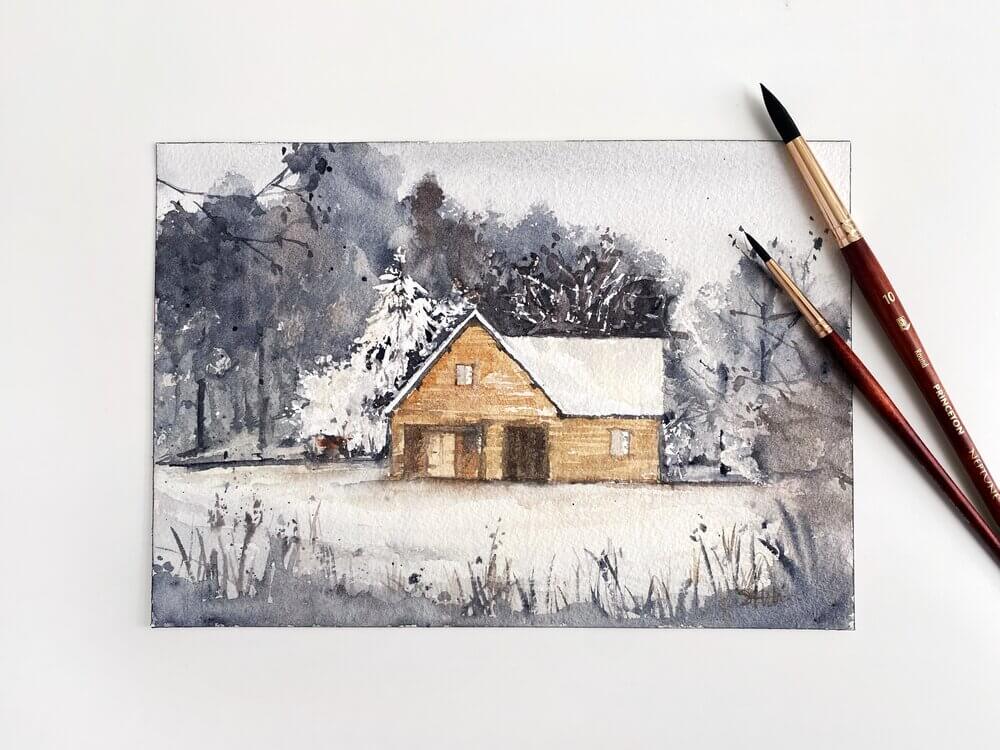
It is clear when viewing her body of work and watercolour portfolio that she has honed down her watercolour painting skills through the subject matter: natural landscapes and buildings.

Although painting many other subjects as well, Susan has embraced a journey toward mastery in this specific area, and she has done so absolutely incredibly.
I truely believe that when you focus in on one subset of a subject before you broaden outward towards anything you want, you will definitely see improvement over time.
You will find yourself feeling more comfortable with certain techniques as well as shapes forming more fluidly and with ease.
By embracing such a journey toward mastery, it is without a doubt that you will see this upward trend to progress and you will learn to appreciate the painting process even greater than before!

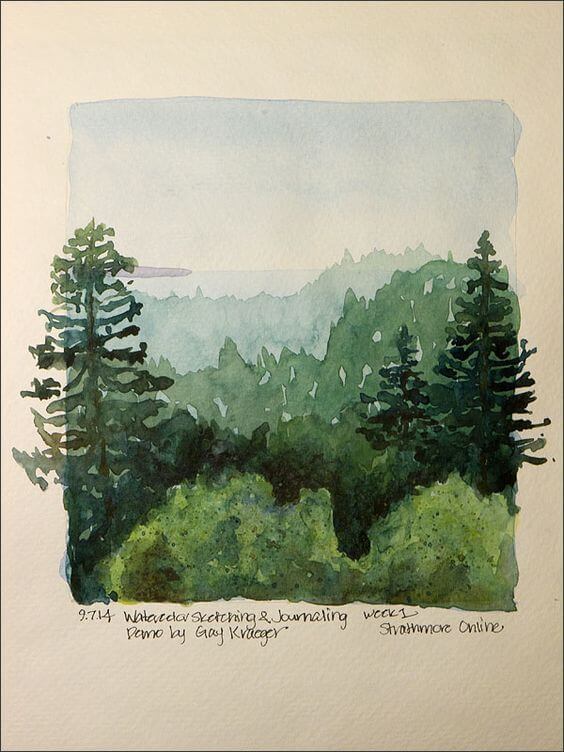

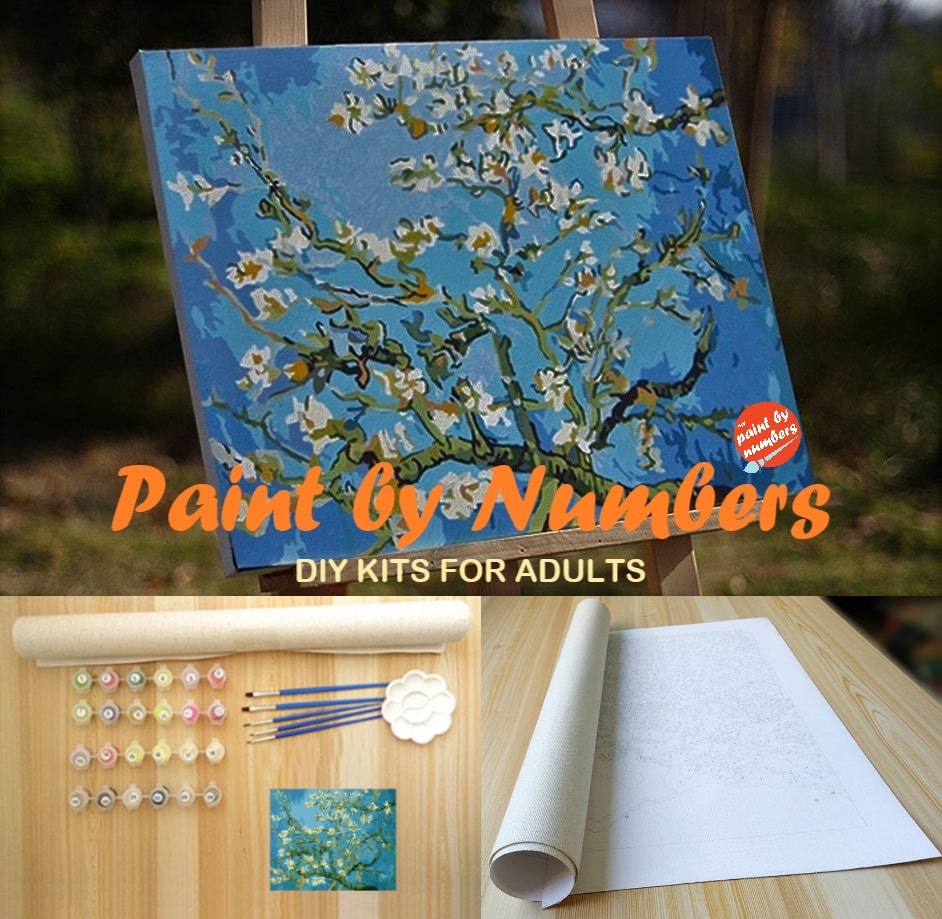
Leave a Reply